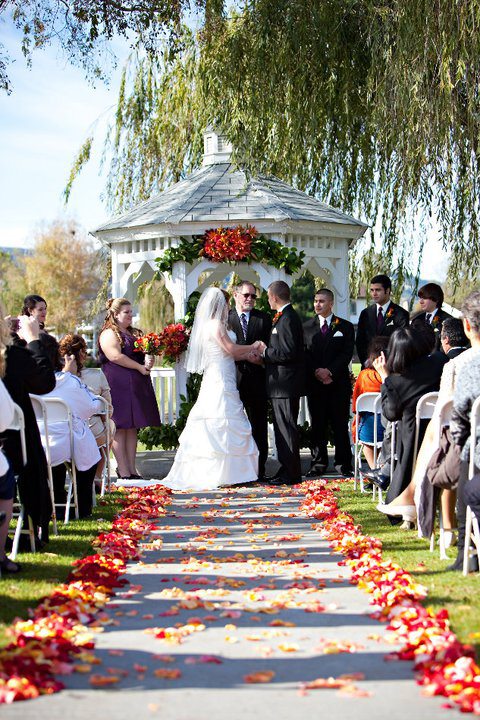What is a Fair Budget for a Wedding?
Planning a wedding can be one of the most exciting yet daunting tasks for couples. With so many details to consider, it’s easy to get overwhelmed—especially when it comes to budgeting. Understanding what constitutes a fair budget for a wedding can help you make informed decisions and ensure that your special day is both memorable and financially manageable.
Understanding Wedding Costs
Before diving into specific numbers, it’s essential to understand the various components that contribute to wedding costs. Weddings can vary significantly based on location, guest count, and personal preferences. Some of the primary expenses include:
- Venue Rental: This often takes up the largest portion of your budget.
- Catering: Food and drink costs can add up quickly depending on the number of guests.
- Wedding Services: This includes photography, videography, floral arrangements, and entertainment.
- Attire: The bride’s dress, groom’s suit, and attire for the bridal party.
- Decorations: Centerpieces, lighting, and other aesthetic elements.
- Invitations: Stationery costs can also accumulate.
Average Wedding Costs
According to recent surveys, the average cost of a wedding in the United States hovers around $30,000. However, this figure can vary widely depending on factors such as geographic location and personal choices. For instance:
- In metropolitan areas like New York City or Los Angeles, couples may spend upwards of $50,000 or more.
- In smaller towns or rural areas, weddings might be more affordable—ranging from $15,000 to $25,000.
Ultimately, what’s considered “fair” will depend on your circumstances.
Setting Your Budget
When setting your budget for wedding services and overall expenses, consider these steps:
1. Determine Your Total Budget
Start by deciding how much you are willing or able to spend on your wedding. This amount should include contributions from family members if applicable. Having a clear total will help guide all subsequent decisions.
2. Prioritize Your Expenses
Identify which aspects of your wedding are most important to you. Is it the venue? The food? The photography? By prioritizing these elements early in the planning process, you can allocate funds accordingly.
3. Create Categories
Break down your budget into categories based on typical wedding expenses:
- Venue
- Catering
- Wedding services (photography/videography)
- Attire
- Decorations
- Entertainment
- Miscellaneous (favors, transportation)
Assign percentages of your total budget to each category based on their importance to you.
Finding Fair Prices for Wedding Services
Once you’ve established your budget categories and allocated funds accordingly, it’s time to research vendors for each service:
Research Vendors
Start by researching local vendors who provide wedding services within your budget range. Look at reviews online and ask friends or family for recommendations.
Get Multiple Quotes
Don’t settle for the first vendor you find; instead, gather quotes from several providers in each category. This will give you a better understanding of what’s reasonable in terms of pricing.
Negotiate Where Possible
Many vendors are open to negotiation—especially if you’re booking multiple services with them (e.g., photography plus videography). Don’t hesitate to discuss package deals or discounts that could save you money.
Hidden Costs You Should Consider
While planning your budget around major expenses is crucial, don’t forget about hidden costs that could sneak up on you:
- Gratuities: Tips for service providers like catering staff or musicians should be factored into your overall costs.
- Alterations: If you’re purchasing formal attire off-the-rack rather than custom-made gowns/suits.
- Taxes & Fees: Be aware that some venues charge additional fees such as cleaning fees or service charges that may not be included in initial quotes.
- Unexpected Expenses: Always set aside an emergency fund (around 10% of your total budget) for any last-minute needs or emergencies.
Conclusion: A Fair Budget is Personal
Ultimately, what constitutes a fair budget for a wedding varies greatly among couples based on their values and financial situations. While average figures provide some guidance—$30k being typical—it’s essential that each couple defines their own fair price according to their priorities and circumstances.
By carefully planning out each aspect of your wedding services while remaining flexible with expectations—and keeping an eye out for hidden costs—you’ll be better equipped not only financially but also emotionally as you approach one of life’s most significant milestones.
Remember that at its core—a successful wedding isn’t defined by how much money was spent but rather by celebrating love with those who matter most!
Visit our blog page for more articles!



Follow Us!